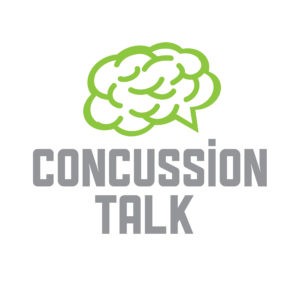‘Don’t let your brain injury define you’.
That is a common platitude directed at people with a brain injury, and you can replace ‘brain injury’ with any life-altering injury, illness, or challenge. I know when it’s said it’s meant with the best of intentions, and it’s often said by those who care deeply. I’m sure I’ve said it. It is meant to encourage someone. To let them know that there is so much they have to offer. So much they can do and so much they have done. The issue seems to come down to semantics. ‘Semantics’ is often interpreted as trivial differences, but in fact it refers to the very meaning of the phrase.
How do you define yourself?
That’s a loaded question. Often answered by, ‘What do you mean?’ or ‘I’m *insert job title*’. As similar as people can be, we are all individuals, and therefore unique. We want to be seen as unique. As different. After a brain injury, or any life-altering challenge, we are encouraged to be similar to everyone else, to get ‘back to normal’, to recover. After my brain injury I wanted to get back to my life. I didn’t want to be seen as different. People with my best interests at heart and with my complete endorsement looked for ways to help me get back to ‘normal life’; continuing my Master’s degree, finding a job, etc. After being in such a difficult situation, it was reassuring to get back to normal. However, by ‘getting back to…’ we risk staying there and not finding out who we are, or who we can be.
No matter how common brain injuries are, a brain injury affects everyone differently, and therefore means that every brain injured individual and every brain injured individual’s situation are unique. However much people may be encouraged to fight* against a brain injury, it is part of your life, with varying degrees of influence. I had a severe brain injury that has had an enormous effect on my life. It is the most important thing that has ever happened to me. The most notable. The most influential. From someone else’s perspective it looks like a terrible thing, spurring notions of how great my life would be were it not for that crash and the subsequent difficulties. It is, however, that crash and those difficulties that really make me unique. It is my experience working through this major chapter in my life that has perhaps shaped me most, and has given me the opportunity to be proud of who I am and confident in what I can do. If someone were to ask me to define myself, I would probably lead with my brain injury.
‘Don’t let your brain injury define you.’
That implies that something should define you, and what should that be? Perspective. Perspective is always changing, so there’s not a firm answer, but that’s what makes it so apt. I just finished reading When Breath Becomes Air by Paul Kalanithi, and I’ve almost finished Being Mortal by Atul Gawande. Although the subject matter of both books may at first seem sad, it is the perspective of both authors that allow them to be truly inspiring. Gawande’s discussion of assisted living is great! It induced memories of my time in rehab and is excellent, and personally highly recommended, reading for rehab, hospital, and nursing home administrators alike.
*I don’t like the fighting euphemism as it pertains to injury, illness, etc. I am not fighting my brain injury. My brain injury is part of me. I’m living with it, not despite it. It helps make me who I am. Brain injury is not the enemy. Assumptions are.
